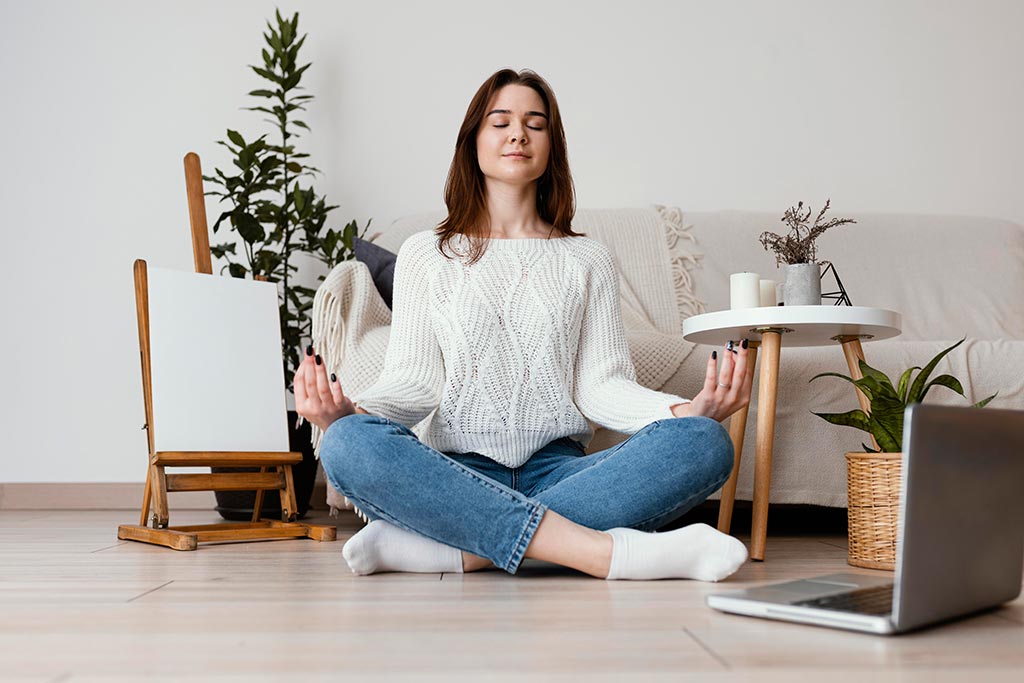Therapies






Table of contents
What is mindfulness and why should you practice it?
Mindfulness is a form of meditation that consists of paying full attention to the present moment.without judging or reacting to what is going on in our mind or in our environment. It is a millenary practice which has its origins in Buddhism, but has been adapted and applied to various contexts and objectives, such as stress reduction, emotion management, increased concentration, health improvement or personal development.
Mindfulness helps us to become aware of our thoughts, feelings, sensations and actions.and to accept them as they are, without trying to change or avoid them. In this way, we can observe more clearly and objectively what happens to us inside and outside, and choose the most appropriate way to respond to each situation.
Benefits of mindfulness
The benefits of mindfulness are numerous and are supported by numerous scientific studies. Some of the most prominent are:
- Reduces stress and anxietyby decreasing the activation of the sympathetic nervous system and increasing that of the parasympathetic nervous system, which promotes relaxation and balance.
- Improves mood and self-esteemby fostering a more positive and compassionate attitude towards oneself and others.
- Boosts attention and memory capacityby training the brain to focus on what is relevant and filter out distractions.
- Promotes creativity and problem solvingby facilitating access to available internal and external resources.
- Strengthens the immune system and prevents diseaseby improving hormonal regulation and reducing inflammation.
- Increases happiness and well-beingby promoting a greater connection with the present and with life experiences.
How to practice mindfulness
Mindfulness can be practiced in different ways and at different times of the day.. One of the most common is formal meditation, which consists of sitting comfortably in a quiet place and following a series of instructions to focus attention on the breath, the body, sounds or thoughts. Another form is informal meditation, which consists of applying the principles of mindfulness to any daily activitysuch as walking, eating, brushing teeth or talking to someone.
To get started in mindfulness, it is best to have the support of a professional therapist. who can guide the learning process and adapt it to the needs and goals of each individual. A therapist can offer a safe and confidential space to explore difficulties that may arise during practice, as well as provide tools and advice to overcome them. In addition, a therapist can help integrate mindfulness into daily life and to maintain a constant motivation.
Mindfulness is a therapy that can benefit us in many aspects of our lives.. It is not a fad or a magic technique, but a mental training that requires perseverance and commitment. However, the results are worth it. Practicing mindfulness can help us to live more fully, harmoniously and happily.
Jaime Corbacho


